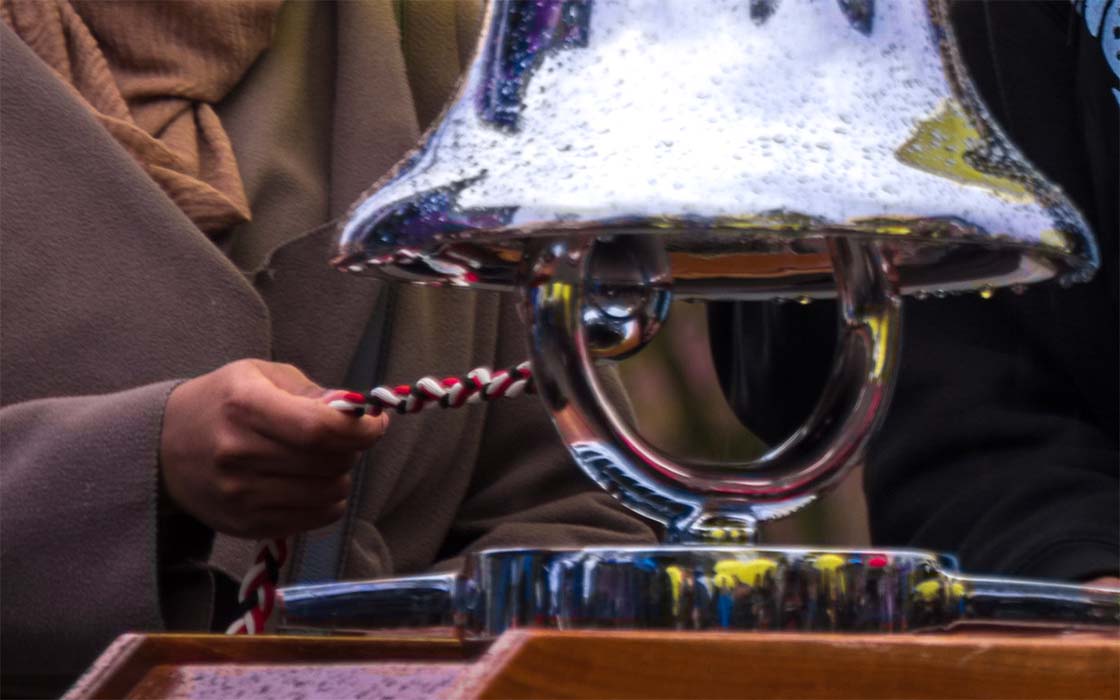
Fifty Years Forward: Remarks Commemorating Dr. Martin Luther King Jr.
Good afternoon, everyone.
I am Dr. Deirdre Raynor. I am a professor in UW Tacoma’s School of Interdisciplinary Arts & Sciences, director of the Office of Undergraduate Education, and am here today in my capacity as Interim Assistant Chancellor for Equity & Inclusion.
Welcome to the University of Washington Tacoma’s commemorative event honoring the legacy of Dr. King. This important event is part of a national movement to honor Dr. King 50 years since the date of his death.
When I think about the importance of Dr. King’s life and this day, I became somewhat overwhelmed by how personal the legacy of Dr. King is for a number of people, myself included. I am honored and humbled to be a beneficiary of the work and legacy of Dr. King.
I was 5 years old on April 4, 1968, when Dr. King died. Growing up I saw and was taught that the black freedom struggle is real. I do not take for granted the role that Dr. King, those who came before him, and those who walked beside him played in transforming our society as much as they could when it comes to the fight against racism, discrimination, and poverty. In fact, I would not be standing here before you having had the opportunities I have if it were not for the work of Dr. King and everyday people.
Dr. King set the bar high in terms of what is expected of change agents as we continue his work. Sometimes we memorialize historic figures like Dr. King and act as if once they become part of the historical record the work is done. I would urge all of you against the inclination to think the work is done or to think we live in a post racial world, or that just because someone who looks like me has had the opportunities I mentioned a minute ago that all is good. I urge against such complacency because the struggle Dr. King was dealing with is real and is still with us.
I am hopeful, however, that we can continue to move the work of Dr. King forward when I think about the everyday people who are on the frontlines calling for justice and calling out inequality wherever they find it. Whether we are talking about those stepping up to fight against the new Jim Crow (mass incarceration of black men), those in the Black Lives Matter Movement, or those involved in the struggle for the rights of immigrants and indigenous peoples, it is clear the struggle is real, even in small local spaces including colleges and universities such as our own.
It warms my heart to see young people today stepping up through their activism to draw attention to the inequality and violence that affects their lives and demanding change.
Some in the audience may not agree with the methods used in contemporary freedom struggles. In fact, some may not agree with the methodology used by Dr. King and his contemporaries, but we all must agree there is a problem.
I ask: Who are we to judge the methodology? Where would we be without these activists? What are we as individuals personally doing to affect positive and constructive change in the name of justice? Becoming a change-agent requires moxie, courage, a willingness to move away from being self-centered and self-serving, along with a willingness to simply do the right thing. Furthermore, being a change agent always requires some form of sacrifice. Dr. King had all of these qualities and made the ultimate sacrifice, his life, so that I along with many of you standing here today could live, thrive, and find some modicum of peace.
Dr. King’s dream has not been fully realized and there is much more work left to do. I am committed to continuing to do my part by calling out injustice, inequity and inequality wherever I find them. I want to give a special thank you to some of my colleagues who continue to try to move this work forward here on campus, including Linda Ishem, Christine Stevens, Divya McMillin, Chris Knaus, Rachel Endo, Julia Aguirre, Tanya Velasquez, Marian Harris, Michelle Montgomery, Luther Adams, and Danica Miller to name a few. We are using the platform we have as university professors to continue the good work of Dr. King whether it is in the classroom, through research or the work we do in the community. I want to end with three quotations from Dr. King’s book, Where Do We Go from Here: Chaos or Community, and a question for the group gathered here.
The first quotation focuses on power, justice, and love. Dr. King writes:
“Power at its best is love implementing the demands of justice. Justice at its best is love correcting everything that stands against love.”
The second quotation focuses on workers. Dr King writes: “But dignity is also corroded by poverty no matter how poetically we invest the humble with simple graces and charm. No worker can maintain his morale or sustain his spirit if in the market place his capacities are declared to be worthless to society.”
The final quotation focuses on freedom. Dr. King says, “Freedom is not won by passive acceptance of suffering. Freedom is won by a struggle against suffering.”
Now I ask each of you to think about your role in the struggle against suffering. What are you willing to do to continue to move the work of Dr. King and other civil rights activists forward?
Thank you.



